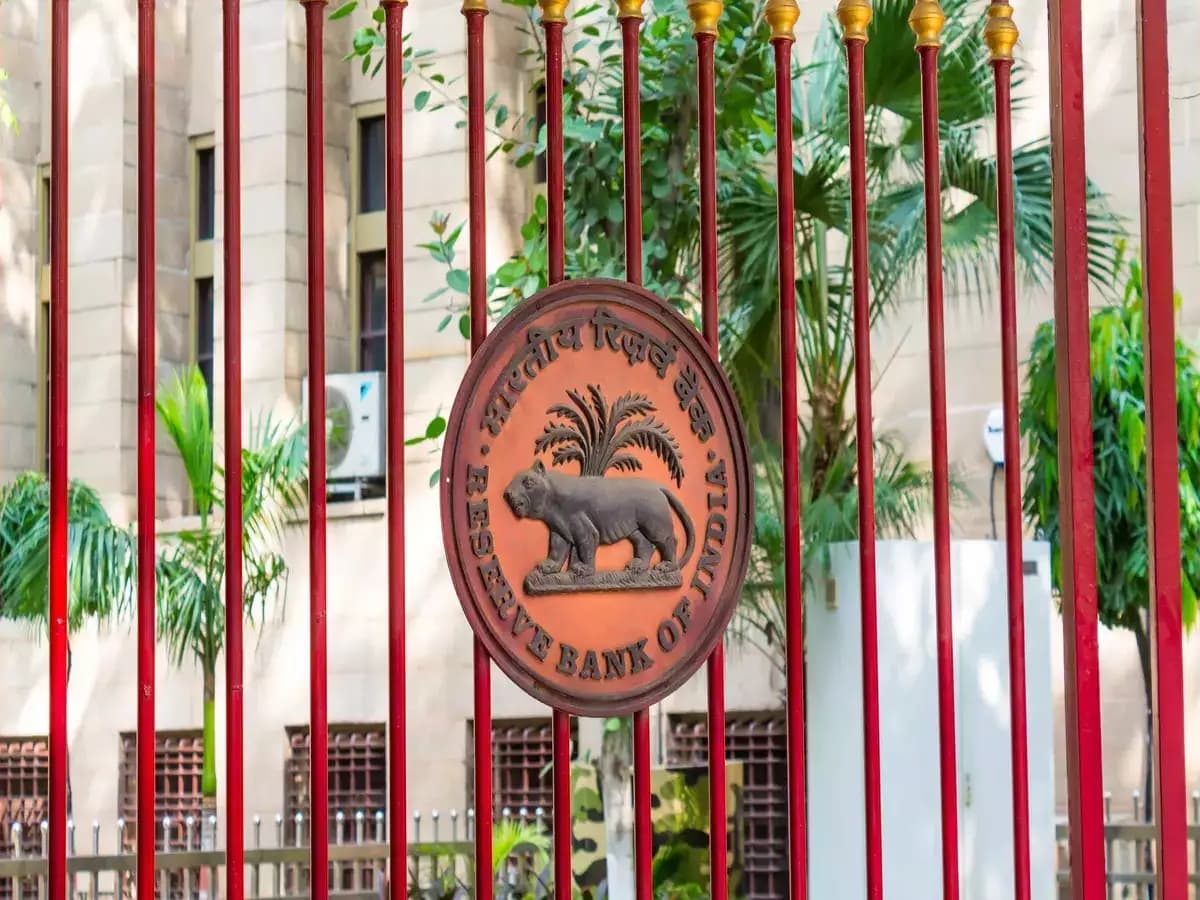RBI looks forward on settling RTGS transactions with major trading currencies
Reserve Bank of India (RBI) Governor Shaktikanta Das on Monday said that the feasibility of expanding real-time gross settlement systems (RTGS) to settle transactions in major trade currencies, such as the US dollar, the euro, and the GBP, can be explored through bilateral or multilateral arrangements.
India has a sustainable facility of a 24*7 RTGS. It is an integrated payment and continuous (real-time) settlement system developed by RBI, whereby the banks and financial institutions transfer funds (both for customers and inter-bank transactions) to one another on an immediate, final, and irrevocable basis.
India and a few other economies have already commenced efforts to expand the linkage of cross-border fast payment systems both in the bilateral and multilateral modes, the governor said at a conference organized by the RBI in Delhi.
Das also highlighted that remittances are the starting point for many emerging and developing economies, including India, to explore cross-border peer-to-peer (P2P) payments. “We believe there is immense scope to significantly reduce the cost and time for such remittances,” he said.
Additionally, central bank digital currencies (CBDCs) is another area which has the potential to facilitate efficient cross-border payments. India is one of the few countries that have launched both wholesale and retail CBDCs, Das said.
“Programmability, interoperability with the Unified Payments Interface (UPI) retail fast payment system and development of offline solutions for remote areas and underserved segments of the population, are some of the value-added services which we are now experimenting as part of our CBDC pilot,” Das said, adding that going forward, harmonization of standards and interoperability would be important for CBDCs for cross-border payments and to overcome the serious financial stability concerns associated with cryptocurrencies.
Additionally, he highlighted that higher interest rates, aimed at curtailing inflationary pressures, have led to an increase in debt servicing costs, financial market volatility, and risks to asset quality.
